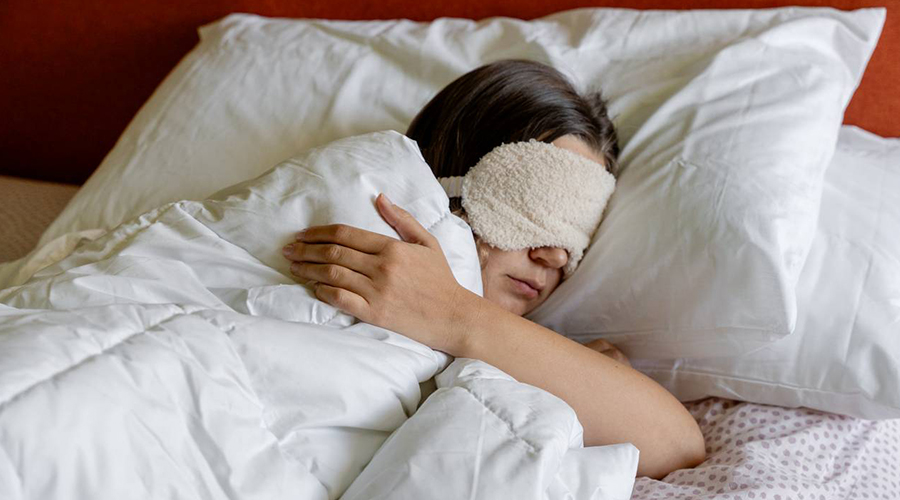
The quality and quantity of sleep are crucial for maintaining health. However, many people overlook that nutrition can also play a significant role in improving or worsening sleep. In this article, we will review which foods and drinks can help you achieve restful sleep and which may negatively impact it.
What foods can help improve sleep?
Foods that enhance sleep quality are primarily those rich in specific nutrients like tryptophan, magnesium, calcium, and b vitamins. These substances help the body produce sleep-related hormones such as melatonin and serotonin.
- Foods rich in tryptophan: tryptophan is an essential amino acid that promotes the production of serotonin, which is vital for restful sleep. Foods like turkey, milk, eggs, and bananas are good sources.
- Foods rich in magnesium: magnesium helps relax muscles and reduce stress, which can contribute to better sleep. Spinach, almonds, pumpkin seeds, and oatmeal are examples of magnesium-rich foods.
- Foods rich in calcium: calcium contributes to the production of melatonin. Dairy products like milk, yogurt, and cheese are excellent sources of this mineral.
- B vitamins: b vitamins, especially b6, play a crucial role in melatonin production. Whole grains, leafy green vegetables, and fish are good sources of b vitamins.
Which foods and drinks can worsen sleep?
It’s not only important what you eat, but also what you avoid before bedtime. Certain foods and drinks can disrupt sleep.
- Caffeinated drinks and foods: coffee, black tea, cola, and energy drinks all contain caffeine, which stimulates the central nervous system. Caffeine can affect you for up to six hours, so it’s best to avoid these drinks in the late afternoon and evening.
- Alcohol: while alcohol may help you fall asleep, research shows that it worsens sleep quality. Alcohol consumption often leads to shallow, fragmented sleep and reduces the number of deep sleep phases.
- Hard-to-digest foods: eating fatty, spicy, and heavy foods before bed can burden the digestive system, leading to restless sleep. Fast food, fried foods, and large portions of red meat are examples of such foods.
- Sugary foods and drinks: high-sugar foods and drinks cause a rapid spike in blood sugar, followed by a sudden drop. This can disrupt sleep and cause nighttime awakenings.
What and when should you eat before bed?
The ideal bedtime snack should be easy to digest and calming. The following foods and drinks can help promote more restful sleep:
- A glass of warm milk: milk contains tryptophan and calcium, which support melatonin production.
- A handful of almonds: rich in magnesium, which aids relaxation.
- Oatmeal: a natural source of melatonin and b vitamins.
- Chamomile tea: this caffeine-free drink has a calming effect and can help reduce stress, making it easier to fall asleep.
However, it’s important to note that overeating before bed should be avoided, as the digestive process can disrupt sleep. The ideal time for a light snack is about 1-2 hours before bedtime.



